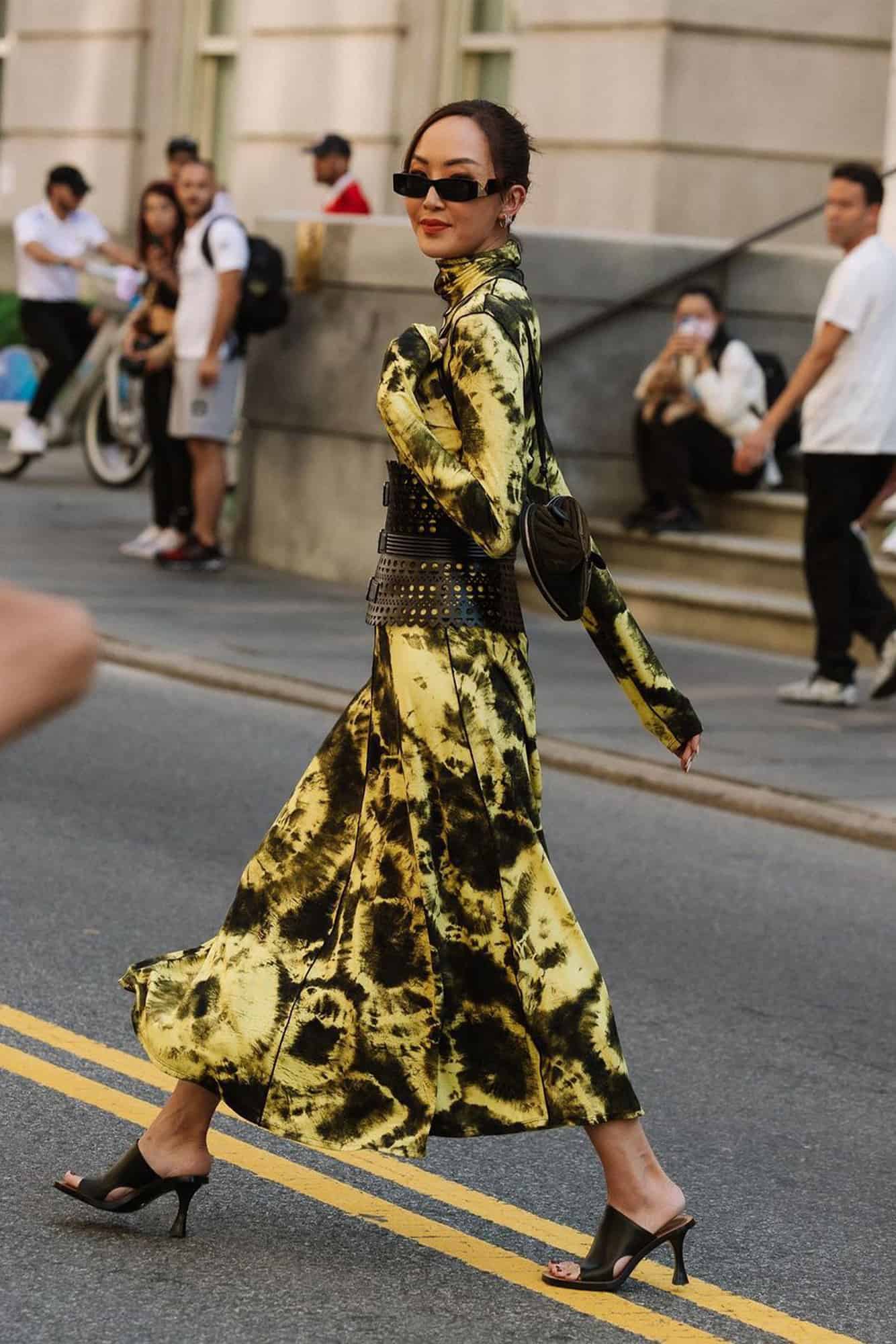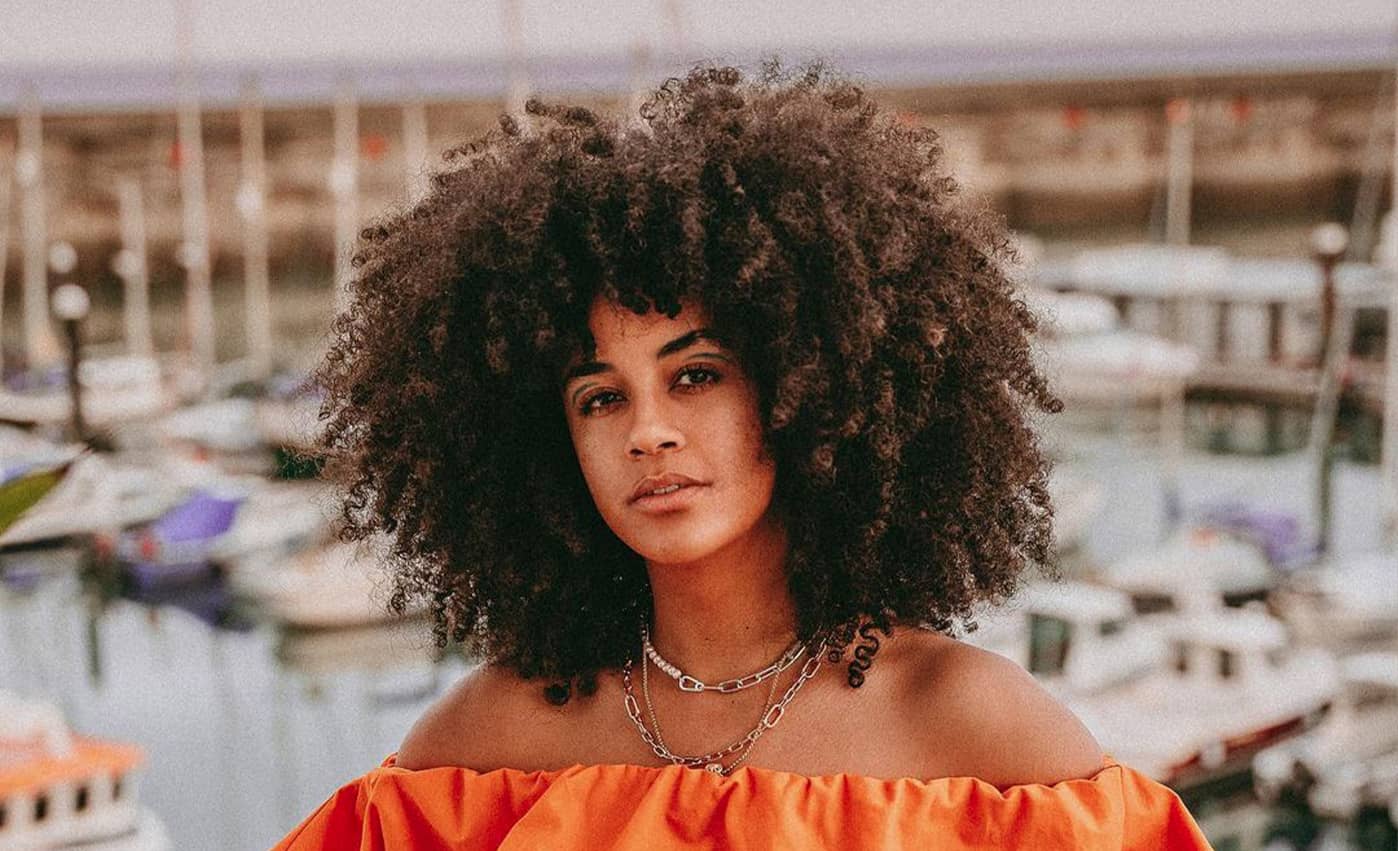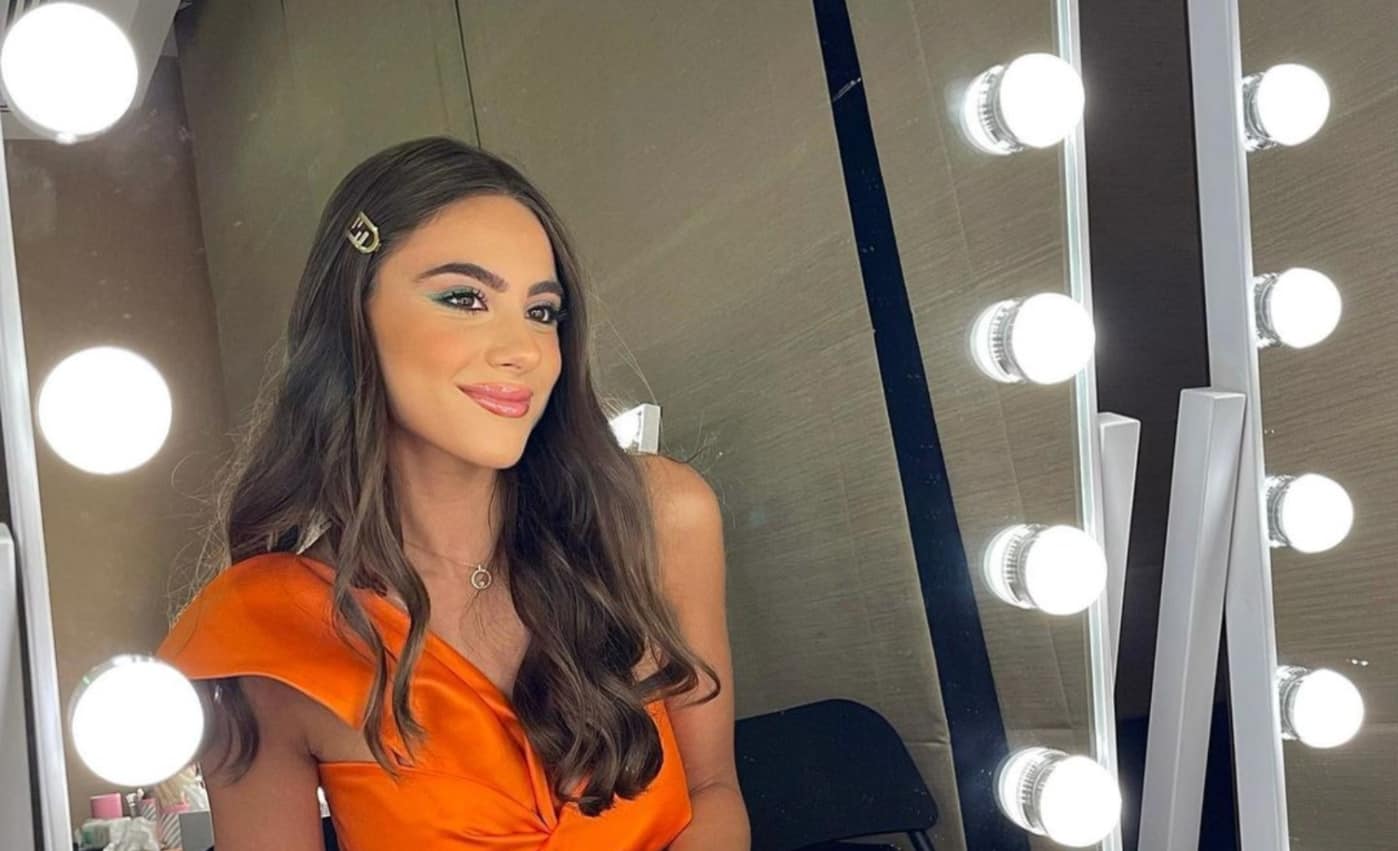Sephora launched its online UK presence this month and plans to open brick-and-mortar stores in early 2023. Despite the highly-anticipated move, consumers had a lukewarm response to its poorly executed website giving shoppers a negative first impression of the retailer and weakening its potential market share of the £27.2 billion beauty industry.
Across Twitter and TikTok, beauty lovers voiced their disappointment in the website’s slow loading pages, spelling mistakes, pixelated imagery, lack of exclusive brands and bargain sets, poor navigation functions and an underwhelming rewards scheme. When pitted against Boots, Space NK and Cult Beauty, many felt it didn’t offer anything new or innovative.
In 2021, Sephora quietly acquired beauty marketplace Feel Unique for £132 million, to rebrand and absorb its 1.3 million active user base. Basic infrastructure and distribution was already in place, which makes this dismal launch all the more baffling.
For years, Brits have watched the biggest beauty influencers – first on YouTube, then Instagram and now TikTok – share their Sephora hauls, reviews and brand collaborations. YouTube behemoths from 2014 to 2018 including Jaclyn Hill, James Charles, Tati Westbrook, Laura Lee, Manny MUA and Jeffree Star led an endless content cycle focused on Sephora stocked products that kept viewers engaged, brought in millions of views and fast tracked creators to global success.
You may also like
Closer to home, British influencers including Amelia Liana, Mark Ferris and Laura Capon, have long lamented the lack of a Sephora presence in the UK. Content formats such as “What I Bought At Sephora” have a proven track record of attracting mass engagement as a result.
Days after the website launch, influencers attended the retailer’s press event in London, which was widely covered on TikTok – namely by Eloise Fouladgar, Misha Grimes, Meili Fisayo, Becca Butcher, Nassima Iggoute, Liv Madeline and Farhana Oberson. This included brand pop ups, panel talks, and huge goody bags. In comparison to the digital launch, the event was slick, interesting and on-brand. In short, what you would expect from Sephora.
@amelia.liana Sephora haul! #sephorahaul #sephorafavorites #sephoramusthaves #sephora
Aesthetician Alicia Lartey and grooming blogger Robin James (Man For Himself) have both criticised the retailer’s UK website, but on the whole, influencers who could risk losing future partnerships with the retailer, have unsurprisingly been quiet aside from vlogging the press day. However, it’s worth noting that when Sephora’s creator marketing ramps up in the UK, it’s influencers who will have to answer the questions of consumers who were disappointed by its digital launch and need reassurance.
Over the past five years, Boots, Space NK and Cult Beauty have invested heavily in improving the customer experience and Sephora cannot rely on its success in other regions to establish dominance in the UK. Influencer partnerships are key for visibility and boosting traffic, but if fundamentals like a functioning website aren’t prioritised for consumers, building brand loyalty and driving footfall to brick-and-mortar stores will be near impossible.
By Louise Whitbread, freelance journalist for CORQ.










